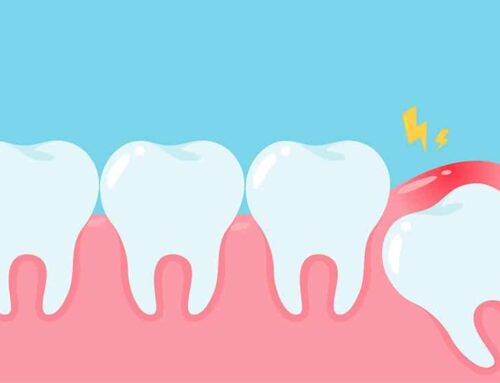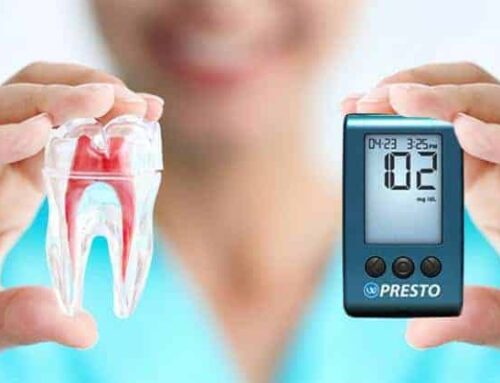Saliva in the mouth is instrumental in keeping your mouth moistened and in washing away bacteria and acids as well as small particles that adhere to the enamel of your teeth. Many adults who suffer from dry mouth have most likely seen the effect of it during dental checkups. Dry mouth syndrome leads to increased dental problems.
What Causes Dry Mouth?
Older adults are more prone to developing dry mouth symptoms because of the medications that they take. For instance, diuretics, pain killers, high blood pressure medications, decongestants and antihistamines are primarily responsible for dry mouth problems. There is also a syndrome called Sjögren’s that causes dry mouth and dry eyes, and it attacks the moisture-producing glands. Symptoms of a dry mouth include problems speaking, difficulty swallowing, a persistent sore throat, burning sensation, hoarseness and/or dry nasal passages. If you are experiencing any of these issues, talk to your doctor about it so that he can recommend solutions that will help you manage your dry mouth difficulty.
Why Does Dry Mouth Cause Dental Problems?
Dry mouth can lead to dental decay and other problems if it is not treated appropriately. As mentioned, your saliva glands are an vital key to keeping your mouth cleansed and neutralizing common acids that could break down the enamel on your teeth. A person with dry mouth problems usually has a significant increase in tooth decay and plaque buildup; therefore, it is recommended that they see their dentists more frequently.
It is essential to remember that dry mouth syndrome leads to increased dental problems. If you need help managing your dry mouth syndrome, or need a checkup due to your dry mouth condition, give Dr. Patterson of Chandler, AZ a call today! (480) 280-6170.





